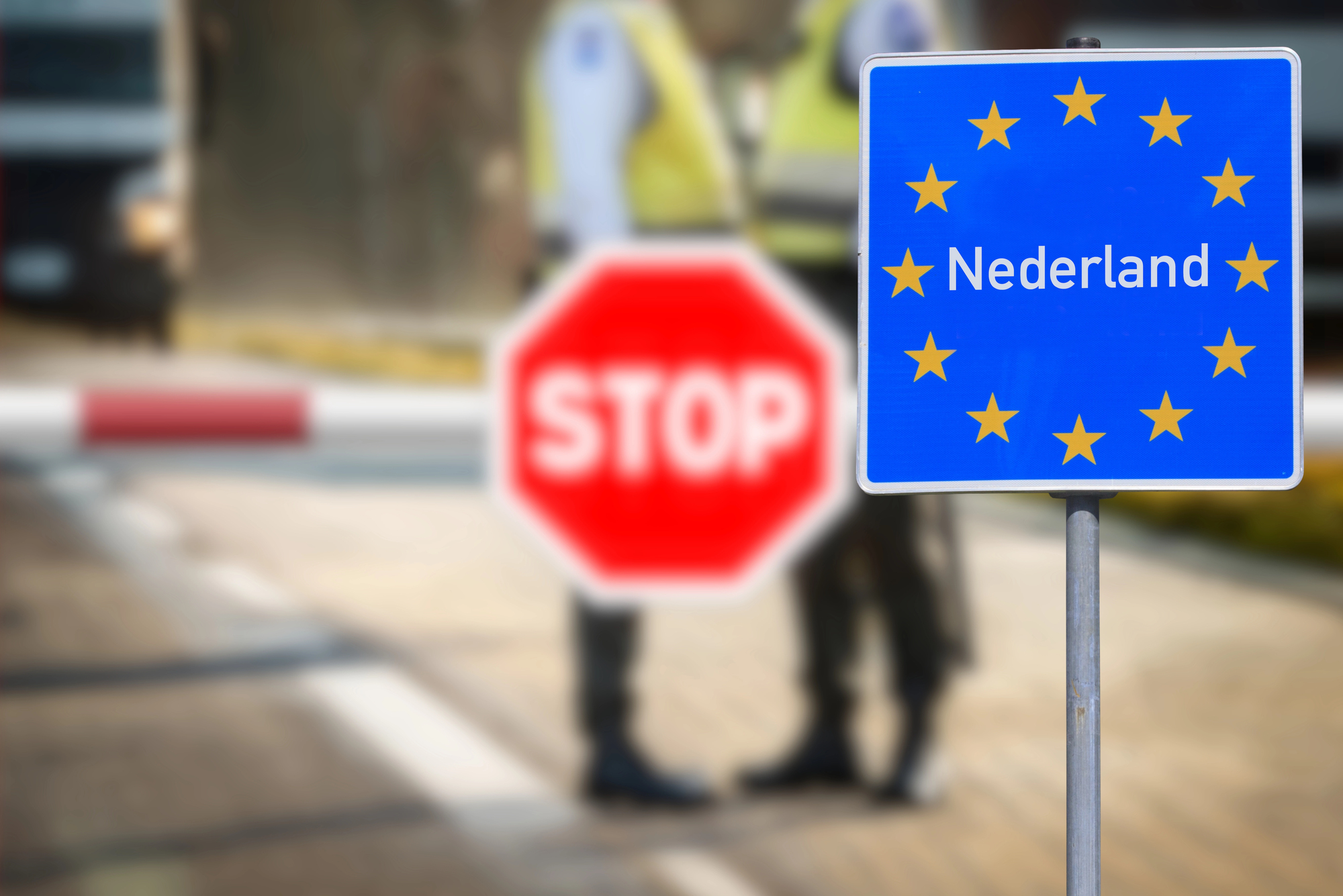Dutch border checks to start on Monday, but will anyone notice?

The new border controls that the Dutch right-wing government plans to introduce from December 9 are unlikely to be very different from those already in operation, the NRC reported on Friday.
In theory, the border police will be able to ask everyone crossing into the country for their papers and refuse entry to those who don’t have the proper documents to visit or live in the Netherlands, the paper said.
But in practice, the checks will be similar. Border police already have the power to stop cars which they have selected on the basis of risk, an assessment which includes the country of origin.
The police will not take any measures to reduce speeds at the border, unless strictly necessary, immigration minister Marjolein Faber told MPs in a briefing on Thursday evening. They will also have “as limited an impact” as possible on cross-border businesses, she said.
The Marechaussee have not said how many extra personnel will be allocated to the border checks from next Monday, but a spokesman said the number of controls would vary on a daily basis. Faber said in her briefing that the border police would carry out the new checks using their “existing capacity”.
In her briefing, the minister described the checks as “flexible and focused” and said the police would only carry out widespread controls “where possible and necessary”.
There are 13 motorway crossings between the Netherlands and Belgium and Germany, and 645 minor roads, the NRC said. Some of these are in built-up areas such as in Kerkrade.
Dutch News reported earlier that the border police stopped 497 people from illegally entering the Netherlands in spot checks on road crossings with Germany and Belgium between January and the end of October.
In total, over 115,000 people were checked at road borders trying to access the Netherlands, according to figures provided to Dutch News by the Marechaussee. A further 628 people requested asylum in the Netherlands when the vehicle they were travelling in was stopped and checked, the KMar figures show.
The official request to deviate from the Schengen accord, submitted by the minister to the EU, states the measure is necessary “to prevent further disruption to the migration system, as that would lead to dire circumstances and pose an increased threat to public policy”.
Thank you for donating to DutchNews.nl.
We could not provide the Dutch News service, and keep it free of charge, without the generous support of our readers. Your donations allow us to report on issues you tell us matter, and provide you with a summary of the most important Dutch news each day.
Make a donation